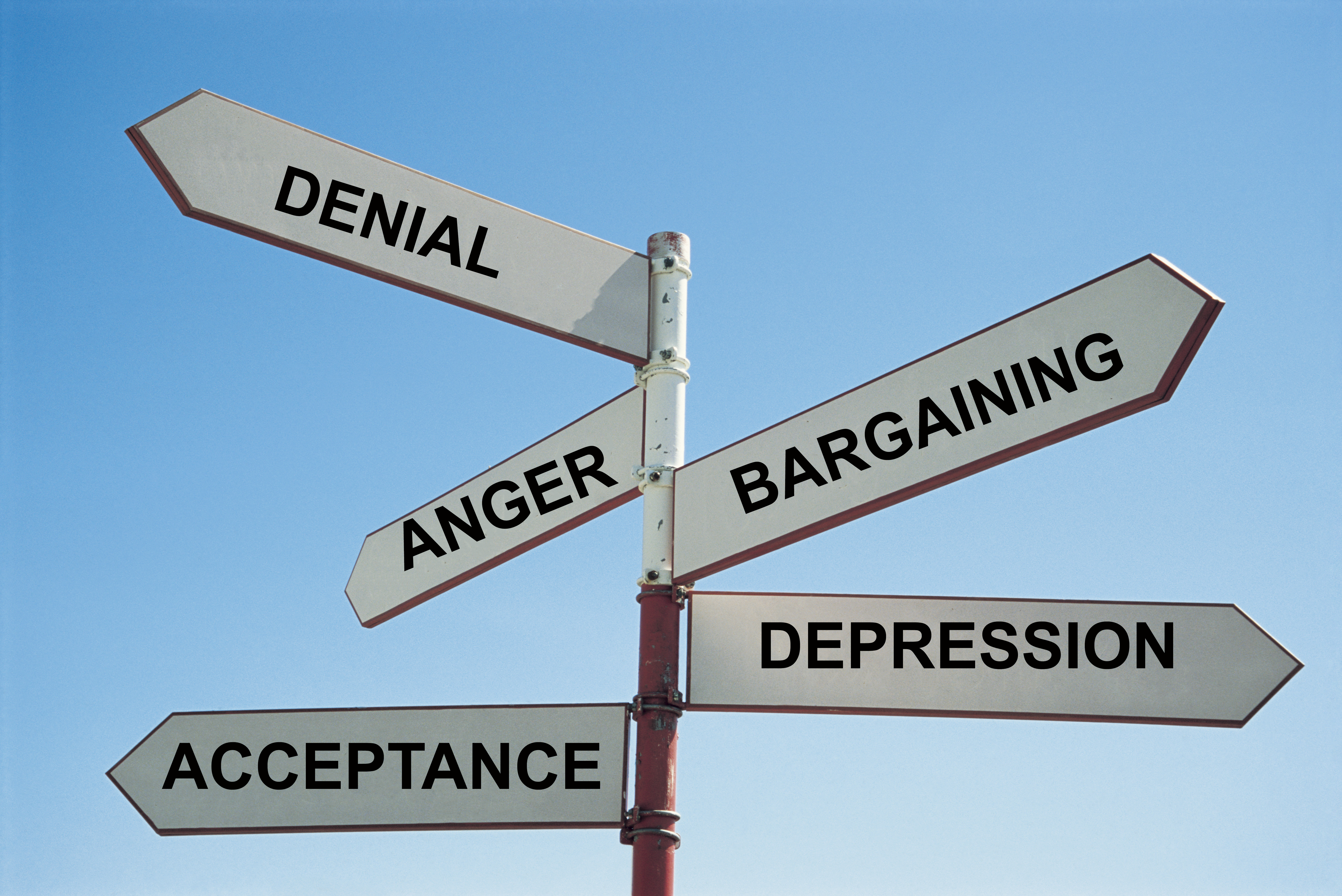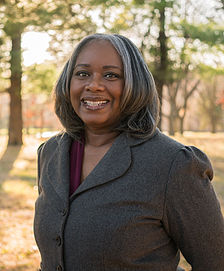
By Tracey Lynn Pearson, MSW, PLMHP
CSN Contributor, Social Worker and Licensed Mental Health Professional
Let’s be honest. Caregiving is hard. No matter how much love we have for the person we are caring for, it is just hard. There are real and human moments to caregiving that create mixed emotions. You can feel grateful, angry, tired and hopeful all at the same time. You can also feel trapped, blessed, and discouraged. The job within itself has multiple stressors. Your love and concern for the person you are caring for, the effects of the illness or condition affecting your loved one, feelings of inadequacy if you are not in the medical field, your own personal stress of work, family, finances, etc.
One stressor that often gets overlooked is the relationship loss. In the middle of caregiving duties, we often don’t take the time to grieve the parts of the relationship that has changed. In fairness, we often don’t know what to do with the feelings of loss of dreams and hopes for the relationship. The reality, however, is that as a caregiver cares for his or her loved one, he or she is also mourning the loss of the relationship. Many are instantly thrown into a new dynamic with often little or no time to prepare or to process those emotions.
When we don’t process what we are feeling, the feelings and emotions do not just go away. They are present, activated and act out in ways that often hurt us or cause more pain. When we continue to stuff negative emotions, we have to use more and more mental energy. What often happens is that we can become increasingly harsh, and critical of ourselves and others. We may say things like, “Stop acting like a baby!”, “Man up!”, “What’s wrong with me?”, “I have to stop being so stupid or silly!” We judge emotions that are very normal. We turn against and attack ourselves. This cycle often leads to feelings of inadequacy, guilt, depression, anxiety, anger, and feeling numb over time.
So how do we break the cycle? The first step is to become aware of our feelings and to own them. Feelings are not good or bad. Feelings are just a warning sign or a temperature gauge for our body. Feeling angry, hurt, and depressed by our situation may be justified. In a perfect world, our loved one would be healthy and whole. Anger, depression, guilt, bargaining are all normal parts of the grieving process. We should allow ourselves to grieve the loss of the relationship. It is also important to find healthy outlets for our emotions. This means that while caregiving we need to find some time to quiet our minds during the day. This can occur at the end of the day, or before starting the day. Practicing mindfulness, meditation, prayer, establishing a tea ritual, and light physical exercise are all great options.
Letting go of what we can control is important. Things will happen that we do not like. Things will happen that we do not want. Things will happen that we have no control to change. This is a part of life. What we can control is how we respond. It is helpful to remain objective and remember no feeling is good or bad. We can ask ourselves what are we feeling and where do we feel it in our bodies. Just naming the feeling and identifying where we feel it begins the work of dealing with it. Now we can examine if there are unmet needs, boundaries crossed, old destructive behaviors reoccurring or bad childhood or traumatic memories. These questions can help you choose the next option. That option could be attempting to meet those needs, letting the feeling pass, reestablishing a boundary, expressing our thoughts or feelings through journaling or art, apologizing, or talking to someone.
It will take time to develop a healthy pattern. If you find that it’s more and more difficult, counseling may be appropriate or finding a good support group. It’s important to remember that in order to care for someone else you have to care for yourself first. As the saying goes, you can not pour from an empty cup.
Wishing you both Restoration and Peace today and everyday.
Resources:
- Mindful: A meditation site helpful for beginners. https://www.mindful.org/meditation/mindfulness-getting-started/
- Abide: a Christian mediation site: https://abide.co
About Tracey Lynn Pearson, MSW, PLMHP

A mental health practitioner, life coach, and ordained minister, Tracey has nearly 30 years of experience ministering and counseling children, women, and families. She is professionally trained in trauma, EMDR therapy, and integrates elements of cognitive behavioral therapy and mindfulness into her work. She continues to serve in leadership capacities with organizations that work with teenagers in the foster care and the juvenile justice system, and has spent more than 20 years working in counseling settings with 3-12-year-old children, families and women.